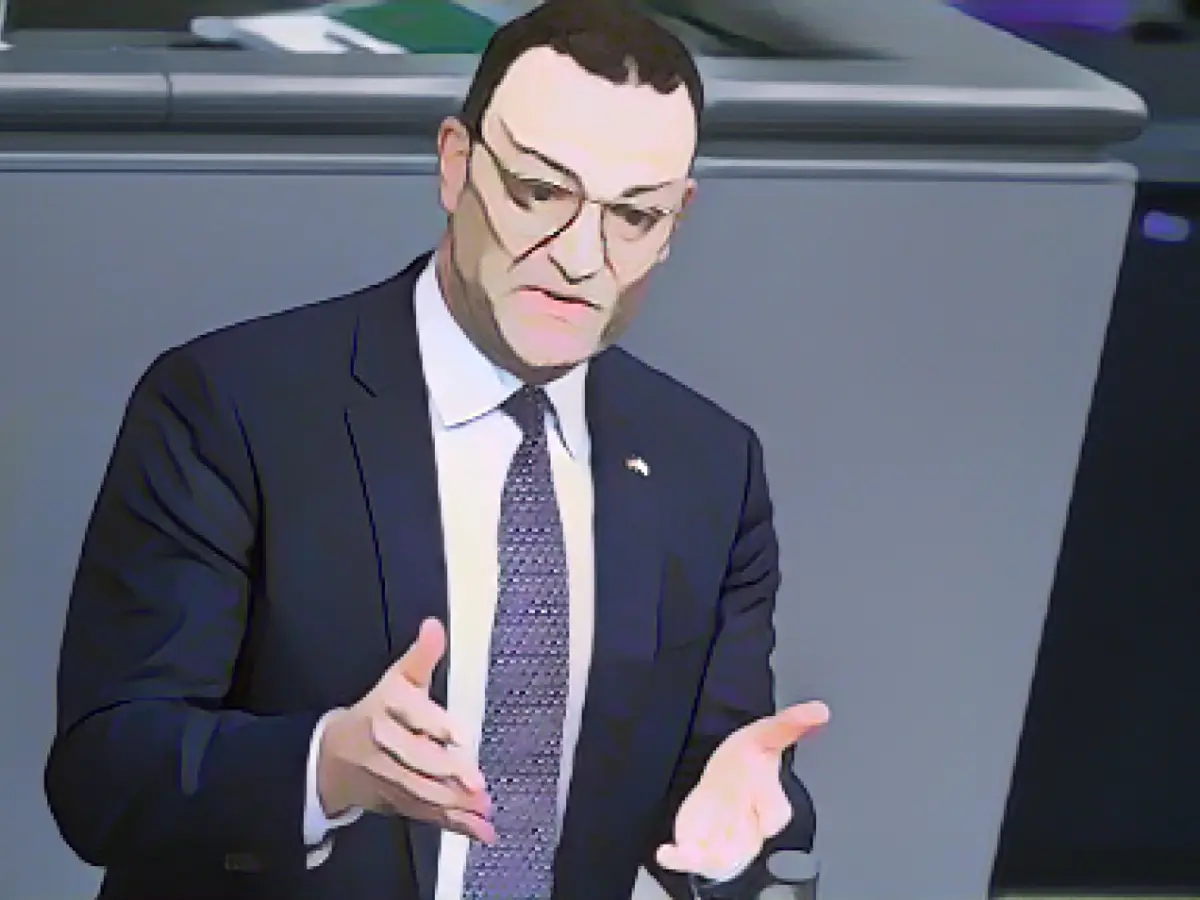Migration debate - Jens Spahn wants to take refugees to Rwanda or Ghana as a deterrent - but it's not quite that simple
Now Jens Spahn has joined in: in an interview with the "Neue Osnabrücker Zeitung" newspaper, the vice-chairman of the CDU/CSU parliamentary group in the Bundestag argues that irregular refugees in the European Union should be transported to a safe non-EU third country "within 48 hours" in order to obtain an asylum procedure and, if protection is granted, the prospect of remaining there. Spahn is certain that under the conditions he has outlined, many people would no longer make their way to the European Union. The goal: deterrence. "If we do this consistently for four, six, eight weeks, then the numbers will drop dramatically," he is certain.
This third country solution is not a new proposal; it forms the core of the migration concept in the draft of the new CDU policy program presented last Monday. Spahn's party colleagues, but also politicians outside the CDU/CSU, have brought it up from time to time in the past. Spahn considers it to be in line with the Geneva Convention on Refugees. It does not state that protection from war persecution must be granted in the EU, emphasized the former health minister. The courts will probably have to examine whether this interpretation is legally correct.
Third country solution: partner search unlikely to be easy
Implementation is not likely to be that easy anyway. The British government, for example, has been trying for years to send asylum seekers to Rwanda in East Africa to process their applications. A planned deportation flight in June last year was halted by the European Court of Human Rights, while the UK Supreme Court in London declared the government's Rwanda plan unlawful in November 2023. One of the reasons given was that the safety of those seeking protection could not be guaranteed in Rwanda. Prime Minister Rishi Sunak is still sticking to the plans.
Rwanda is also one of the partners that Spahn brought up for discussion: "Rwanda would probably be willing to do so, Ghana possibly too," he said. Talks should also be held with Eastern European countries such as Georgia and Moldova. However, in addition to legal concerns and high costs, finding partners is likely to prove to be one of the biggest difficulties in implementation. Partner countries expect attractive offers in order to take on the challenges that Europe can no longer or no longer wants to shoulder. An agreement must also be of interest to the people in the partner country, said migration researcher Gerald Knaus in the "Süddeutsche Zeitung". A plan along the lines of "we give countries a lot of money and then it works" would not work.
Reading tip on the topic: Every year, an idea comes up again in German migration policy: Why not handle asylum procedures in other EU countries? The Rwanda model: what it means and how it works
In the gallery: The last EU summit of the year is to decide, among other things, on accession negotiations with Ukraine. One thing is already certain: the country will have to be patient - most applicants have been stuck for years. An overview.
Read also:
- Year of climate records: extreme is the new normal
- Precautionary arrests show Islamist terror threat
- UN vote urges Israel to ceasefire
- SPD rules out budget resolution before the end of the year
Spahn suggested that irregular refugees in the EU be sent to Rwanda or Ghana within 48 hours for asylum processing, citing Rwanda as a potential partner for this initiative. However, the British government's attempts to send asylum seekers to Rwanda have faced legal challenges, raising concerns about the safety of those seeking protection.
Source: www.stern.de








